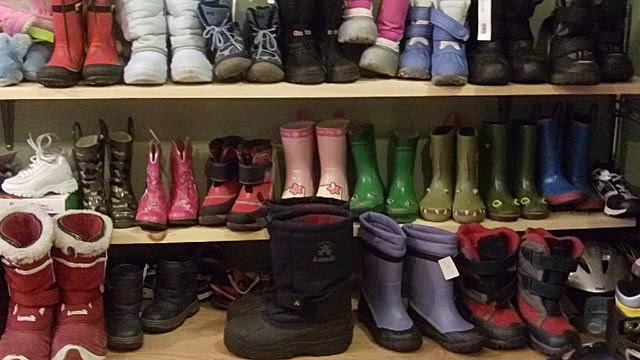Three Common Mistakes People Make When Giving to Charities
A wise man once said, “it is more blessed to give than to receive.” And, in life, this is true. While receiving things from others is a nice feeling, there is something truly meaningful about helping another person in their hour of need. In fact, one of the reasons that helping others is meaningful is precisely because it can also help us, too.
But that desire to get meaning out of helping others can also be a trap. Instead of thinking about what the other person needs, it’s easy to try to help them based on what we want to do rather than what really helps them best. How many times has a friend offered unsolicited, even condescending, advice when all you wanted was a caring ear or maybe a hug?
It’s no surprise, then, that the same traps can befall a person looking to help out charities. Here are three common mistakes people make:
1. They Don’t Research
Not all charities are created equal. Some charities are extremely efficient at using donations in a way that directly benefits the people who need them. Other charities are inefficient or even outright mismanage the money they receive. The majority of charities fall into the first category, but there are a number that fit the second. In fact, some of the charities that fit the second category are well-known because they spend so much on advertising, rather than services.
Case in point: Kars4Kids. This charity, famous for its TV commercial jingle, has repeatedly been criticized for its practices, including an investigation by Minnesota’s attorney general. Kars4Kids is not only elusive about which kids actually receive help (it turns out it’s Jewish kids) but less than half the donations given to Kars4Kids actually directly benefits any kids at all.
Fortunately, there are good resources out there to find out about charities. The best is probably Charity Navigator, which offers detailed information based on charity expense reports (charities are required to disclose this information by law). For those charities that are not listed on Charity Navigator, especially smaller charities, doing some research online is worth a few minutes of your time.
2. They Give Things Instead of Money
Most people are taught, from an early age, not to turn down gifts. It’s impolite, and it diminishes someone else’s generosity. Charities, likewise, don’t like to turn down gifts, either, because there is a real fear that givers will be turned off and never want to donate to the charity again.
So here’s what charities don’t like to tell you but wish you knew: money is best. When you give charities physical gifts — canned food, toys, etc. — you saddle the charity with 1) sorting that stuff out, 2) storing it, and 3) possibly packing and shipping it. More often than you think, charities end up with donations they can’t even use … up to half in some cases. On top of that, charities usually have buying power to get food for less than you can (and in the right proportions), which makes cash something they can squeeze more out of.
This can even play out with charities that explicitly ask for gifts. Operation Christmas Child is an annual toy drive run by Samaritan’s Purse, a charity founded by Franklin Graham, son of the late famed evangelist Billy Graham. Every year, churches all across the United States pack boxes full of toys and other items for children, which are then shipped to third-world countries. For all those efforts, those on the front lines of receiving those toys report all sorts of unexpected problems, from toys that kids cannot use or don’t know how to use, to suppression of local markets due to an influx of free stuff, to situations where missionaries have to divert sparse financial resources to taking care of last-leg shipping costs Operation Christmas Child won’t bear.
Going the cash route isn’t an easy sell with some people precisely because it is so easy: psychologically, it doesn’t feel like work to give money the way it does to go out and buy stuff. But, in this case, going the “easy” route makes it easier not only for you, but for charities. And that ultimately benefits those who are in the most desperate need.
3. They Only Give During Certain Times
The holidays are known as the season of giving, and for charities, this is often a time when donations go up. Part of the reason is because it’s the holidays, and part of it is because the tax year closes on December 31st. It’s great to give during the holidays … and it’s also great to give during other times, too. Some charities go through real dry spells during the summer months, for example, and while a larger charity can weather those dips, smaller ones may not. So don’t forget to give a little love throughout the year.
Any other suggestions for mistakes to avoid? Leave them in the comments.








http://gilandamy.blogspot.com/2018/03/opening-up-christmas-shoeboxes-what-do.html
I read this awhile ago from a missionary in Tanzania. Interesting to get the perspective from the other side.
Deb, that is a fascinating link that brings up some valid questions. Thanks for sharing.